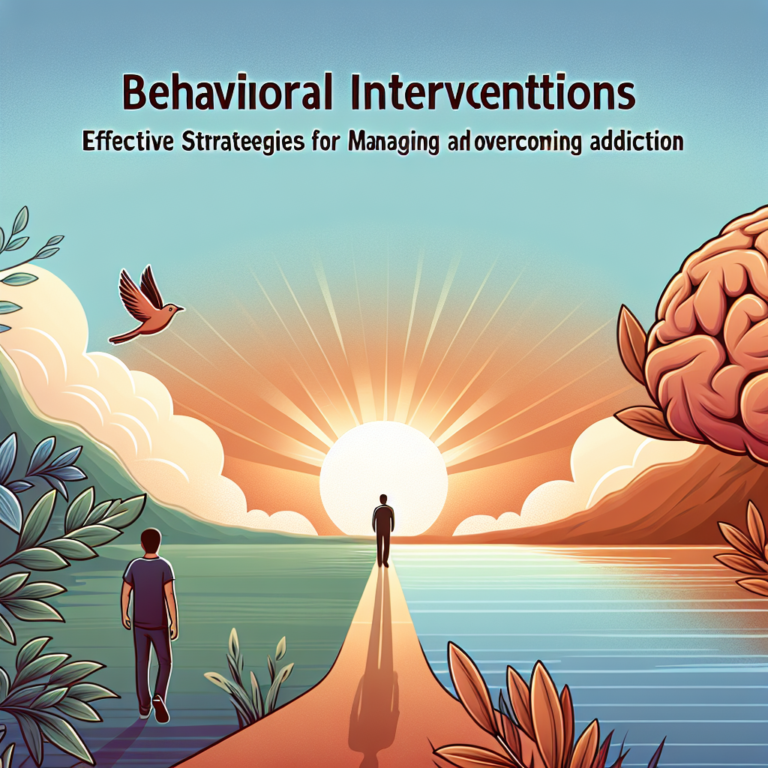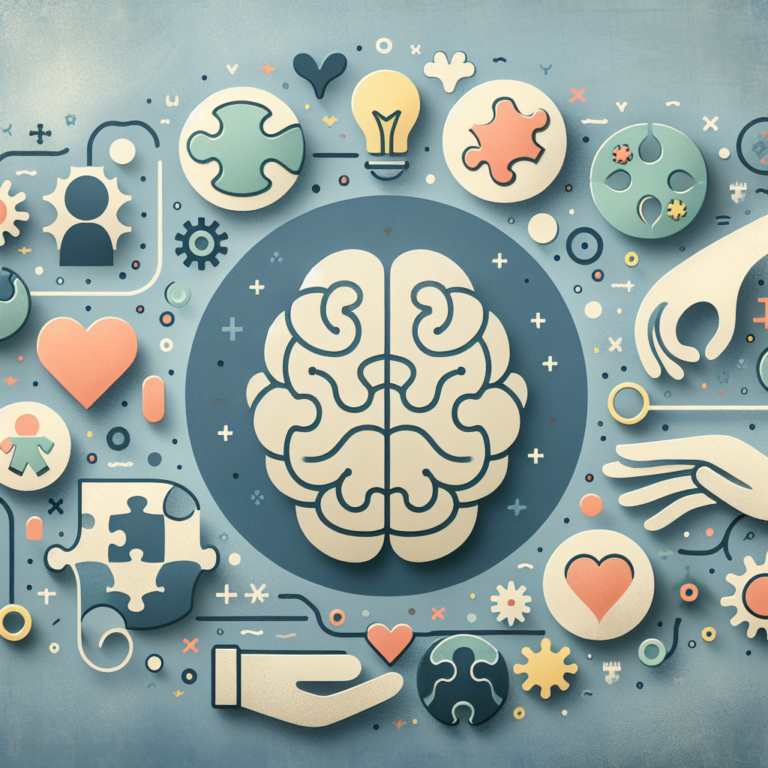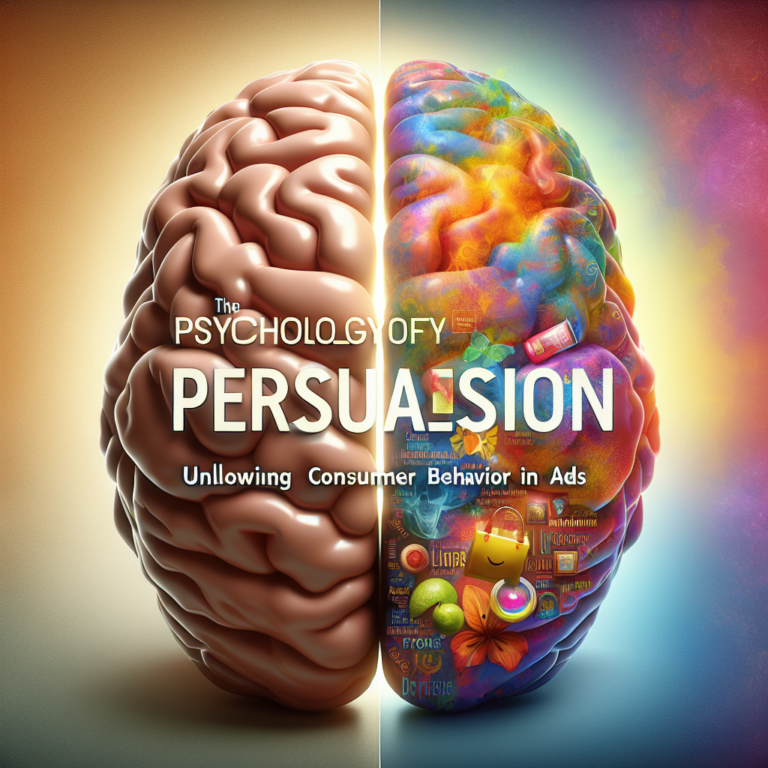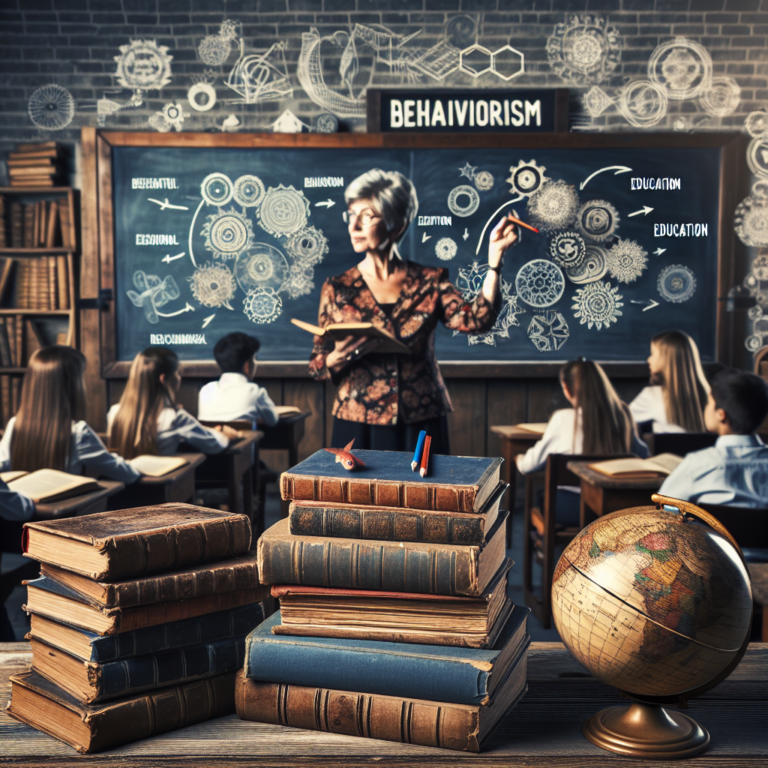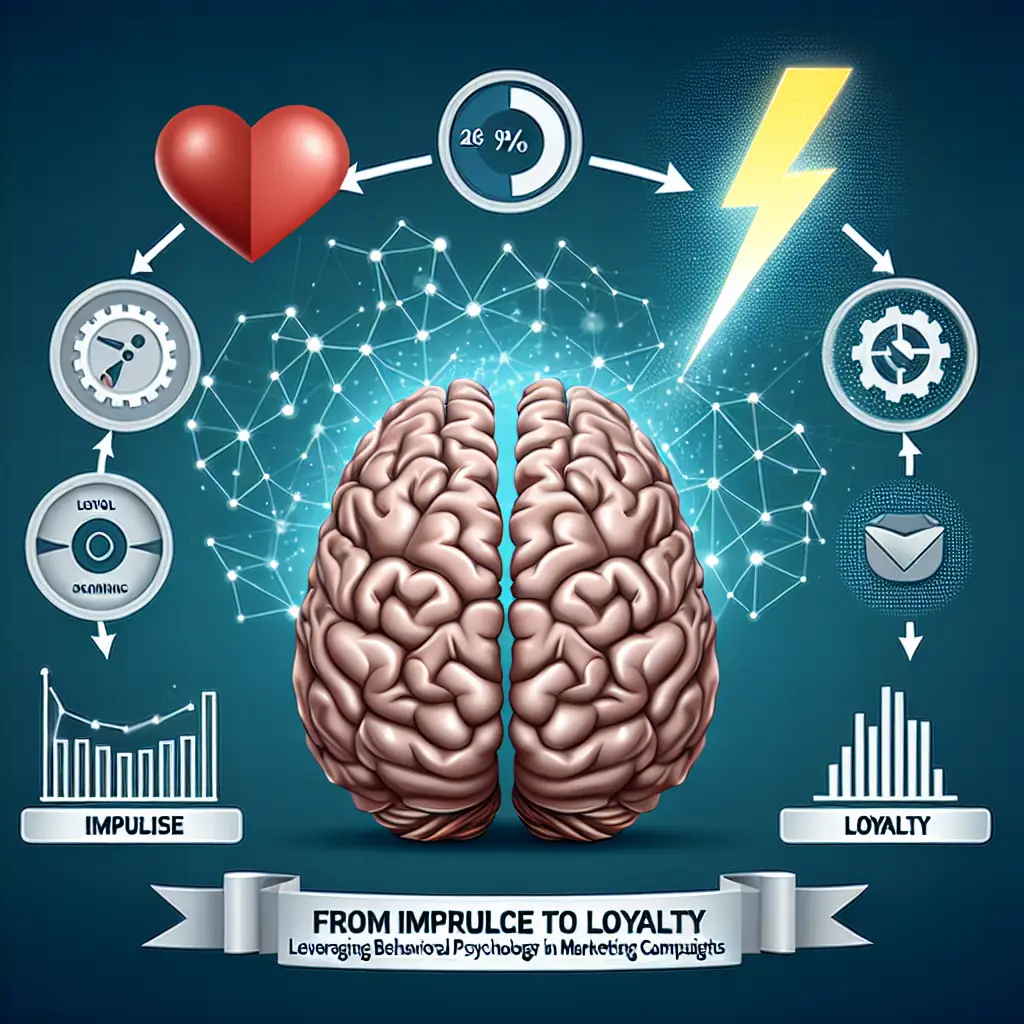
From Impulse to Loyalty: Leveraging Behavioral Psychology in Marketing Campaigns
Introduction
In an age where the consumer is bombarded with choices, understanding what drives purchasing behavior has never been more crucial. Businesses strive to transform casual buyers into loyal customers, seeking to foster relationships rather than merely completing transactions. This journey, encapsulated in the concept of "From Impulse to Loyalty: Leveraging Behavioral Psychology in Marketing Campaigns," underscores the remarkable power of behavioral psychology. By diving deep into the psychological triggers that influence consumer decisions, marketers can create campaigns that resonate on a personal level, turning fleeting impulses into lasting loyalty.
The Psychological Underpinnings of Consumer Behavior
At the heart of successful marketing is an understanding of human psychology. Behavioral psychology explores how thoughts, feelings, and environmental influences shape our actions. In the realm of marketing, this means revealing the underlying motivations that push consumers from initial impulse purchases to long-term loyalty.
Impulse Buying: The First Step
Understanding Impulse Purchases: Impulse buying is often triggered by emotional states, environmental cues, or simple marketing tactics—think strategic product placements and eye-catching promotions. For instance, a study published in the Journal of Consumer Research revealed that 70% of purchases made in stores were unplanned.
- Case Study: Target’s Strategic Layout: Target has mastered impulse buying. The company often places lower-priced items, such as snacks or seasonal décor, at the checkout area. By intentionally designing stores to appeal to shoppers’ emotions—using inviting displays and maintaining a delightful atmosphere—Target drives impulse purchases that can transition into loyalty over time.
Transitioning from Impulse to Loyalty
With impulse buying as the gateway, the real challenge lies in converting these hasty acquisitions into brand loyalty. This transformation doesn’t happen by accident; it requires strategic engagement rooted in behavioral psychology.
Creating Positive Experiences: Cognitive theories suggest that positive experiences lead to repeat behavior. By ensuring that customers associate enjoyable experiences with their purchases, brands can pave the way for loyalty.
Case Study: Zappos’ Customer Service Excellence: Zappos is renowned for its customer service, which goes beyond traditional measures. By offering free returns and a 365-day return policy, they have created a risk-free environment that enhances customer satisfaction. This solidifies a connection that transforms initial impulse purchases into ongoing loyalty.
- Fostering Emotional Connections: Emotional branding taps into consumer’s feelings and aspirations. Brands that succeed in making emotional connections with their customers are more likely to see repeat purchases.
Strategies to Leverage Behavioral Psychology in Marketing
1. Utilizing Scarcity and Urgency
Creating a sense of urgency can be pivotal in driving impulse decisions. Behavioral psychology indicates that consumers are more likely to engage when they feel they might miss out on something.
Tactics: Limited-time offers, countdown timers, and limited stock notifications can amplify perceived value and compel quicker purchases.
- Example: Amazon frequently uses "Only 2 left in stock" alerts to prompt immediate buying decisions, effectively leveraging urgency.
2. Leveraging Social Proof
People are heavily influenced by the opinions and actions of others. Social proof, such as user reviews and testimonials, can significantly impact purchasing behavior.
Tactics: Highlighting customer reviews or showcasing ‘best-seller’ items can help sway undecided customers.
- Example: A/B testing on product pages that display reviews vs. not displaying them often reveals a significant increase in conversion rates when social proof is evident.
3. Incorporating Loyalty Programs
Beyond initial impulse buys, loyalty programs are a powerful tool that can foster long-term relationships. Behavioral economics suggests that customers are motivated to act when they feel they are receiving value, such as discounts or rewards points.
Tactics: Offer exclusive promotions to repeat customers, provide tiered rewards systems, and personalize experiences based on past buying behavior.
- Example: Starbucks’ rewards program is a benchmark example. By offering free drinks, birthday treats, and personalized offers, Starbucks efficiently transforms occasional buyers into loyal advocates for their brand.
The Evolution of Customer Engagement
Keeping consumers engaged throughout their journey is essential for sustained loyalty. Brands need to rethink how they interact with customers in a way that nurtures their behaviors and preferences.
Content Marketing as a Tool: Engaging content that educates, entertains, or inspires can keep consumers returning long after their initial purchase. According to the Content Marketing Institute, content marketing generates three times as many leads as traditional marketing at 62% less cost.
Case Study: HubSpot’s Educational Focus: HubSpot provides valuable resources that help their prospects and customers navigate the complexities of inbound marketing. By educating rather than selling, HubSpot builds trust and loyalty, resulting in higher customer retention rates.
- Understanding Customer Journeys: Mapping customer journeys allows brands to identify key touchpoints and tailor messages that resonate with specific stages, from impulse buying to forming lasting loyalty.
Data Analytics and Behavioral Insights
In today’s digital landscape, data analytics plays a pivotal role in understanding consumer behavior. By analyzing purchasing patterns and consumer signals, brands can shape marketing strategies that effectively cater to psychological triggers.
Segmenting Audiences: Behavioral segmentation allows brands to tailor marketing efforts to distinct consumer groups, thereby enhancing effectiveness.
- Example: Netflix uses viewing data to create targeted recommendations, which not only drive engagement but also strengthen customer loyalty as viewers feel the service understands their preferences.
Conclusion
The journey from impulse purchases to lasting loyalty is intricate and requires a profound understanding of behavioral psychology. By leveraging the right insights, brands can craft marketing campaigns that do more than just sell products; they can create meaningful connections that foster loyalty.
Brands that commit to understanding their customers’ psychological needs can transform impulsive clickers into devoted fans. The alignment of behavioral psychology and effective marketing is, without a doubt, the ultimate game-changer in creating consumer loyalty.
FAQs
1. What is impulse buying, and why is it important in marketing?
Impulse buying refers to unplanned purchases driven by emotions or environmental cues. It’s essential as it represents a significant portion of retail sales, highlighting opportunities for brands to engage consumers more effectively.
2. How can brands convert impulsive customers into loyal ones?
Brands can convert impulsive customers into loyal ones by creating positive buying experiences, encouraging repeat interactions, and building emotional connections through personalized communication.
3. What role does customer service play in fostering loyalty?
Excellent customer service significantly impacts customer retention and loyalty. It ensures that customers feel valued and satisfied, prompting them to return rather than shop elsewhere.
4. How can data analytics aid in understanding consumer behavior?
Data analytics can provide insights into customer preferences, purchasing patterns, and effectiveness of marketing strategies, allowing brands to tailor their offerings and communication to better meet consumer needs.
5. Why are loyalty programs effective in marketing?
Loyalty programs incentivize repeat purchases by offering exclusive benefits like discounts or rewards, which can foster a deeper emotional connection between customers and brands, encouraging ongoing patronage.
By embracing the principles outlined in "From Impulse to Loyalty: Leveraging Behavioral Psychology in Marketing Campaigns," brands can position themselves for sustained success in a complex and competitive marketplace.





